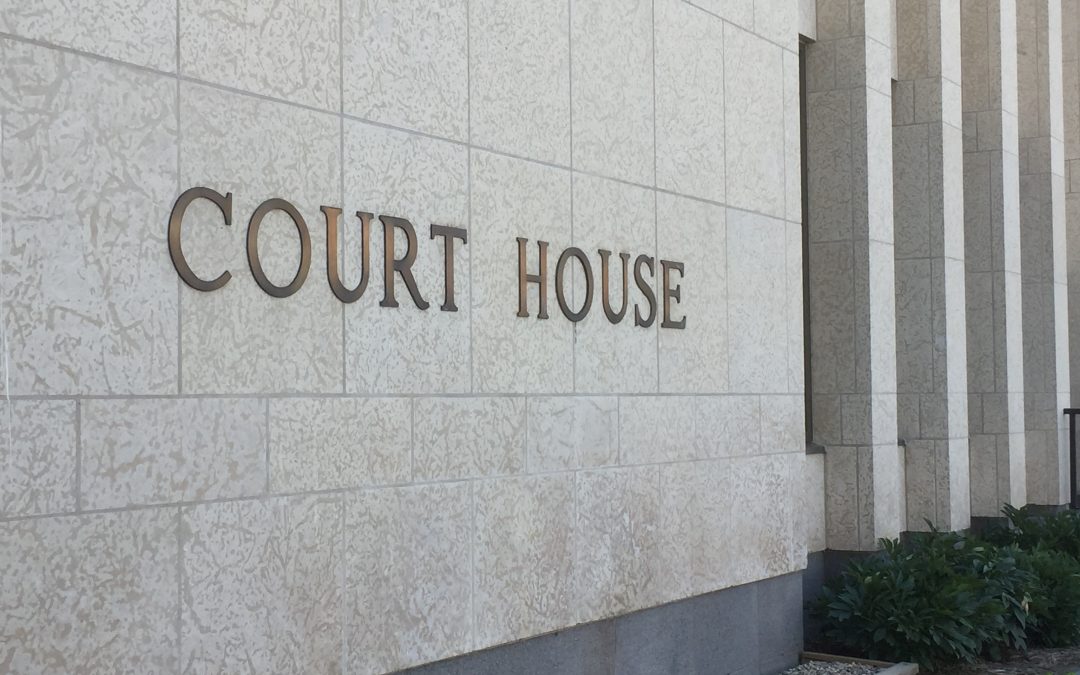Lawyers argued to Saskatchewan Appeals justices whether two Métis men have fishing and hunting rights south of Meadow Lake.
Warren Boyer was cited for fishing for food on Chitek Lake located about 60 km southeast of Meadow Lake and approximately 24-30 kilometers directly south of the most southerly end of Green Lake, which lake and hamlet lie adjacent to the historic Carlton – Green Lake Trail in March 2014.
Oliver Poitras was cited for hunting for food at or near what is known as the “Sundance Fire Guard Road”, approximately 37 km south of Meadow Lake, in November 2012. Both men invoked their Aboriginal Constitutional Rights.
Yet the attorney representing Boyer and Poitras said that the Metis are historically a mobile people, which their rights would travel with them, suggesting Métis Rights could be province-wide.
“If you look at that historic community, you look at those genealogies of Oliver and Warren and you go, what is the traditional territory of this community? And I think one is left with the fact that it very well could be province wide. They were certainly within their traditional territory of their predecessor group,” said Kathy Hodgson-Smith.
“Both Oliver Poitras and Warren Boyer had a card with the Métis Nation-Saskatchewan, and with that card, they could live anywhere in Saskatchewan, and they wouldn’t lose their identity as a person, and they wouldn’t lose their territory, they’d be seen as being part of it. But the courts approach to date would say, No, no, no. Your Rights only exist where you reside. And we’re not sure exactly how many generations back that residences require.”
Crown Attorney James Fyfe said the trial judge did not error, that he did consider the possibility that Métis were historically south of Meadow Lake.
He said evidence presented during the provincial court trial was that there was zero documented proof that Métis settled in the area prior to 1881, during the establishment of Treaty 6.
Fyfe explained that Métis came to that area following a Hudson Bay trading post setup in the 1890’s. “He simply did not find evidence of a Métis presence in this area that could that the trial judge could work with to find that rights existed in this area,”
Fyfe said of expert testimony during the original trial. The Appeals Court reserved its decision.
